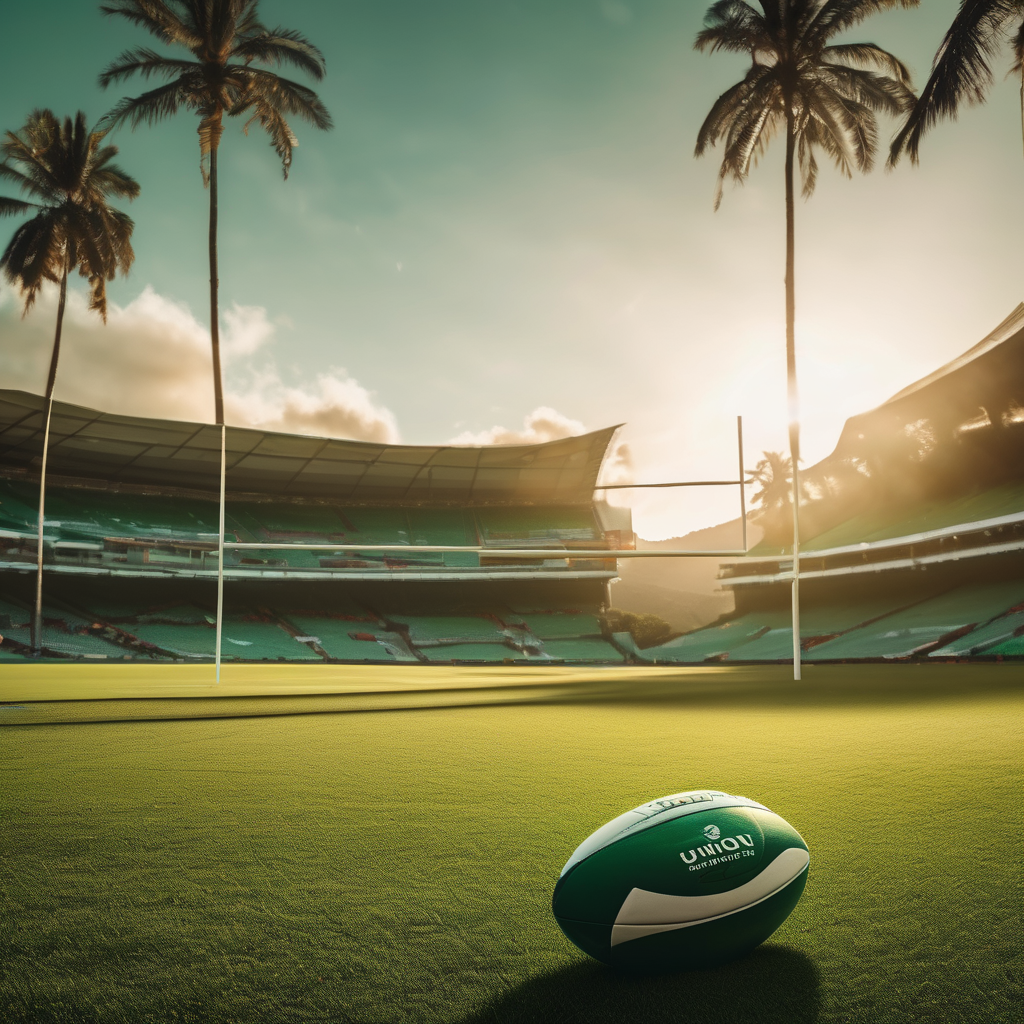The Albanese government has expressed its willingness to consider funding rugby union in the Pacific region, following concerns raised by a New South Wales Liberal senator regarding the disproportionate financial support for rugby league in the area. Earlier this year, a significant $600 million (US$388 million) government package was unveiled to bolster rugby league, particularly in Papua New Guinea, which traditionally embraces the sport as its national game.
However, rugby union has strong cultural roots in other Pacific nations such as Samoa, Tonga, and Fiji, leading rugby union executives to engage in negotiations with Chinese government officials for potential financial support. During a recent Senate estimates hearing, Charlotte Blundell from the Department of Foreign Affairs and Trade mentioned a proposal by Fiji, Tonga, and Samoa that could result in a further investment of around $150 million (US$97.24 million). This proposal is awaiting approval from the Samoan Prime Minister, who is receiving medical treatment in New Zealand.
While acknowledging the larger investment directed to rugby league, Blundell emphasized that community sports infrastructure is crucial and beneficial for all sports in these countries. Sources indicate that a significant portion of the government funding, approximately $250 million (US$162 million), is specifically allocated to the establishment of a new NRL team, the PNG Chiefs, with the remaining funds intended for grassroots development, notably in Papua New Guinea. A portion will also support programs in Samoa, Fiji, and Tonga.
Elizabeth Peak, head of DFAT’s Pacific office, encouraged Fiji, Samoa, and Tonga to submit proposals for funding when they are ready. This financial boost for rugby league has prompted a competitive response from rugby union, which fears losing talent to its rival code. Funding for rugby union since 2020 amounts to a mere $32 million (US$20.7 million), highlighting the funding divide.
Foreign Affairs Minister Penny Wong challenged Senator Jessica Collins during the hearing, questioning her criticisms of the development assistance directed to rugby league. Wong noted the inconsistency of advocating for increased spending when prior positions favored reducing funding.
As the political landscape evolves, the influence of Chinese investment in sports across the Pacific is becoming apparent. China has committed substantial resources to develop sports infrastructure, with significant investments made in Tonga and Fiji, including a US$25 million National Sports Complex for Tonga. This growing engagement underscores the competitive dynamics between nations vying for influence in the Pacific region.
The situation presents an opportunity for cooperation, implying that through strategic collaboration, both rugby union and rugby league could flourish side by side, ultimately benefiting local communities and enhancing sports culture across the Pacific. With increasing dialogue and proposals in motion, there’s potential for a constructive outcome that promotes unity and development in Pacific sports.
